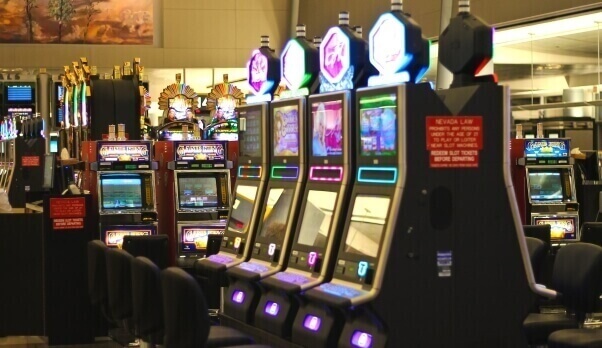As pressures mount across the U.K. for the gaming industry to confront the problem of addictive gaming behaviours at the betting machine, criticism arises over new practises geared to increase awareness. Critics claim the measures are too conservative, while the Association of British Bookmakers (ABB) believe that their measures are key to success.
The policy changes, which go into effect in January 2015, ask players to set a time or financial limit when they sit down at a betting machine. Gamers who decline to set a limit will nonetheless be warned when they have lost £250 or played for 30 minutes, Financial Times reports. Additionally, betting staff will patrol the floor looking for signs of problem gambling and will actively suggest that patrons set limits.
In trial sessions over 15 weeks, 0.4 percent of gamers opted to set a limit at outset. Over the course of the trial, this percentage declined to just 0.03 percent of betters self-limiting play, a figure that critics point to as indicating the measures aren’t effective. Campaign for Fairer Gambling spokesperson Adrian Parkinson told Financial Times that the apparent failure of the self-control limits provided “conclusive evidence that these measures are not successful in helping socially responsible gambling or deterring problem gambling.”
ABB strongly prefers that gaming limits be optional; chief executive Dirk Vennix commented that their plan is “the right way forward.” This move comes on top of other voluntary regulations that top betting shops are undertaking. As Reuters notes, bookmakers have already committed to reduce advertising and promotions, and allot 20 percent of shop advertisements to “responsible gambling” campaigns. Bookmaking establishments complain that new taxes and stringent regulations will put 2,000 betting shops out of business and cost the gaming industry £350 million.
While both sides have firmly entrenched views, the results of next month’s research report may affect further developments. We’ll continue to report any changes that affect the bookmaking industry.








